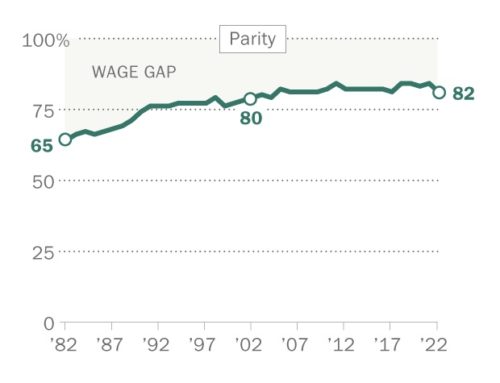I find myself in an unusual position as the debate rages over personal data and social media companies. I am a social media klutz who rarely looks at Facebook and doesn’t have Twitter or LinkedIn accounts. But I invested recently in a company, San Francisco-based HiQ Labs, that is engaged in a legal battle with LinkedIn, a subsidiary of Microsoft, over everyone’s right to access data that is publicly available.
This data is very different from what Cambridge Analytica infamously tricked out of Facebook users with Facebook’s cooperation. This is data that people have chosen to make public — available to people without logging into a website or service.
LinkedIn is a networking website for professionals — sort of a business social network.
HiQ, which creates HR-related products based on analysis of work history and skills, made two products with LinkedIn users’ public data: Keeper, which helped companies identify employees who were at risk of being recruited away, and Skill Mapper, which helped companies map the skillsets of their employees. HiQ used this information, “scraped” from the site with automatic web-browsing software, in its products for close to five years, with LinkedIn’s knowledge and approval.
Then last May, LinkedIn demanded that HiQ stop accessing the information and began taking steps to block its access.
LinkedIn argued that it has the right to control its data, that HiQ violated its terms of service — those small-print contracts most people agree to without reading — and that HiQ had broken the Computer Fraud and Abuse Act. This law was passed in 1986, as internet use was just beginning to spread, and was designed to stop computer break-ins.
HiQ countered that it used its automated methods to access only public data from LinkedIn.
Professor Orin Kerr, of the University of Southern Califonia’s Gould School of Law, argued that LinkedIn’s attempt to prohibit the use of public information is “like publishing a newspaper but then forbidding someone to read it.”
Other supporters of HiQ pointed out that “scraping” of websites is routinely done by companies to provide search-engine results, to gather data on the performance ranking of their products in Amazon searches, to track competitors or to stay current on news relevant to their businesses, among other things.
LinkedIn could require that its users keep their information private — available only to those with a login and password to the site. But while this would prevent HiQ and other companies from accessing its data, it also would undermine LinkedIn’s appeal to advertisers and users.
On April 10, the CEOs of Facebook, Google and Twitter are scheduled to testify before the Senate Judiciary Committee about the future of data privacy in the social media industry and how to develop rules of the road for it. I support additional legislation and Federal Trade Commission rules to protect the privacy of users of such social networks, which have made billions of dollars by exploiting data their users believed was protected behind their logins and passwords.
After the Cambridge Analytica scandal broke, Facebook has faced the biggest crisis of its 14-year existence. Cambridge Analytica’s use of a seemingly innocuous quiz to assemble personality profiles of the people who took the quiz and their friends on Facebook severely damaged Facebook’s credibility. Cambridge Analytica, which had ties to the Donald Trump campaign, used this information to create targeted ads during the leadup to the 2016 election.
Facebook CEO Mark Zuckerberg needs to make far-reaching business decisions that will probably affect his company’s bottom line. This is because the company makes its money by gathering its users’ data and sharing it with app developers and advertisers. Preventing these buyers from passing that data to third parties might be financially prohibitive.
The stakes are high. On one hand, people’s private data should be kept private. On the other, HiQ’s defenders, like me, agree with our legal brief: “When a private property owner opens its property to the public, constitutional principles of free speech and access to information must be fully respected.”
Originally published in the Sarasota Herald-Tribune



